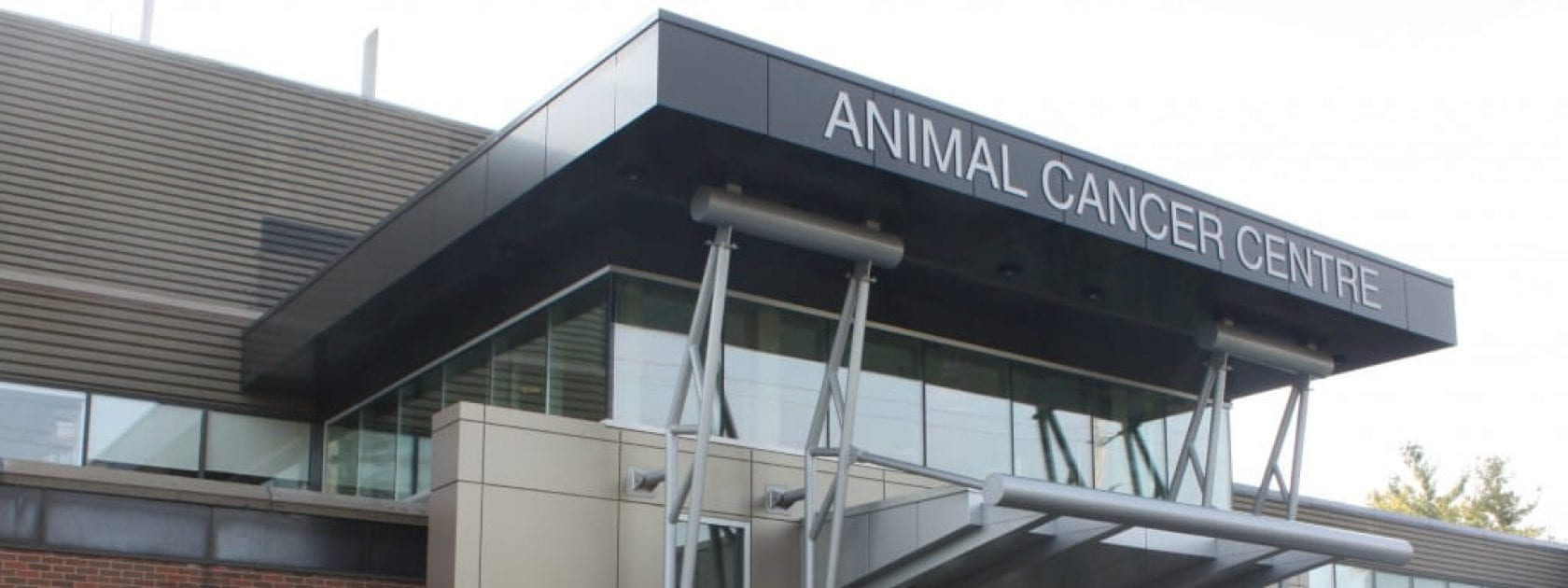** PLEASE NOTE: This study is CLOSED and is NOT recruiting new participants**
Background:
This study will investigate canine lymphoma to determine if a molecular test called RDA (which evaluates RNA integrity) can predict how well a particular dog is responding to chemotherapy. About 40% of dogs with lymphoma treated with chemotherapy respond well, and their cancer rapidly goes into long lasting remission. However, about 60% of treated dogs do not achieve long lasting remission, and these lymphoma patients are considered to have advanced disease. Dogs with advanced disease will generally receive a second round of chemotherapy, either with the same drugs as first attempted or with another type of chemotherapy. We currently have no way of knowing which dogs with advanced disease would benefit from a different chemotherapy.
For this study, samples will be collected from enlarged lymph nodes from dogs with advanced lymphoma undergoing chemotherapy at the Ontario Veterinary College, University of Guelph. These samples will be used for the RDA test that will indicate how each dog’s lymphoma is responding. We will also examine gene expression in these tumours and compare it to RDA test results and to clinical outcome for each dog. We hope to determine if the RDA test is good at predicting how well dogs with advanced lymphoma respond to their chemotherapy early enough in their treatment, so they can be switched to another more effective chemotherapy if necessary. Ultimately, this will ensure that all dogs with lymphoma get the best treatments available. Because lymphoma in dogs is very similar to non-Hodgkin lymphoma in humans, the results of this study may also improve our understanding and treatment of human cancer.
Purpose:
The goal of this study is to determine:
- if a molecular test called RDA can predict how well dogs with advanced lymphoma respond to chemotherapy
- the relationship between the dog’s DNA in advanced lymphoma and how their tumour responds to chemotherapy
Inclusion criteria:
- Dogs with lymphoma who have relapsed
- Previously treated with chemotherapy
- No other concurrent/prior cancer(s)
- No other concurrent therapy (e.g. surgery/radiation treatment)
- Commitment to attend at OVC HSC all required appointments and planned treatments
Samples required:
- Fine needle aspirates of affected lymph node – at time of relapse and 3 weeks later
- Blood – at time of relapse
Client Compensation:
- Immunophenotyping – no cost to client
Researchers:
- Dr. Paul Woods (co-PI)
- Dr. Brenda Coomber (co-PI)
Contact:
Vicky Sabine (PhD), Clinical Research Coordinator
- Work Cell #: 226-218-0338
- Email: ovc.clinicaltrials@uoguelph.ca


